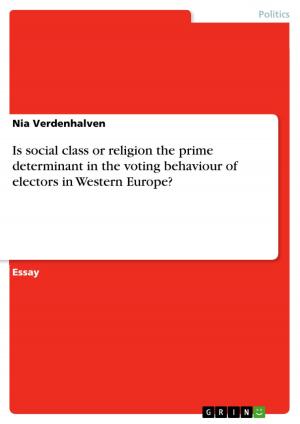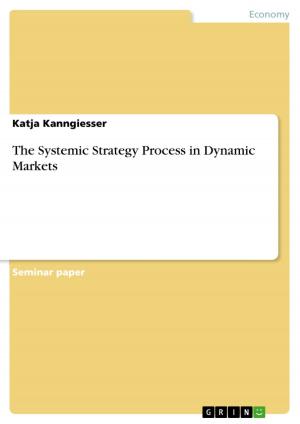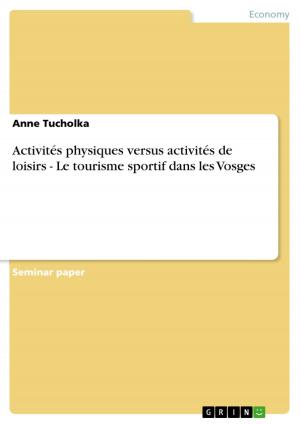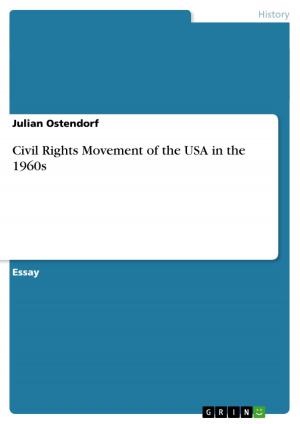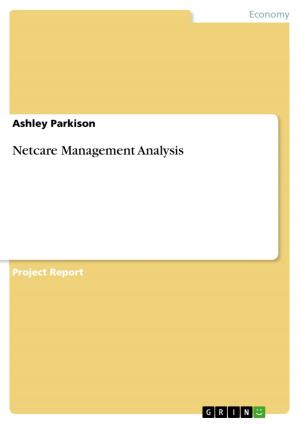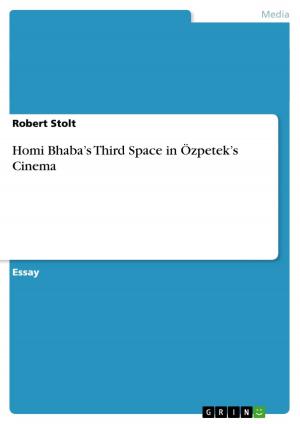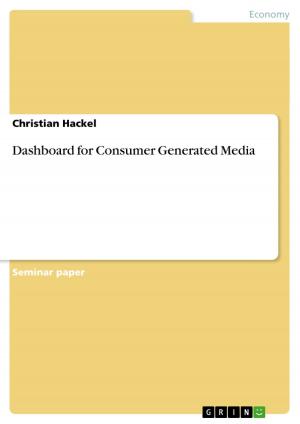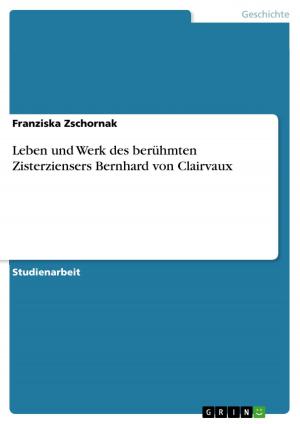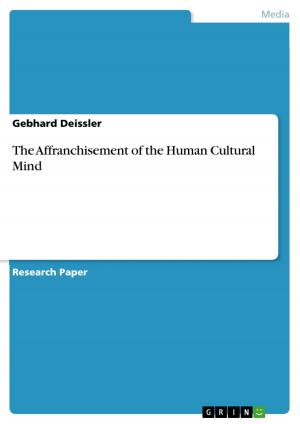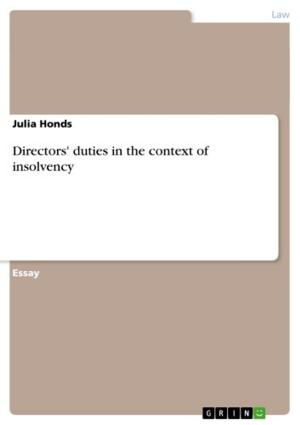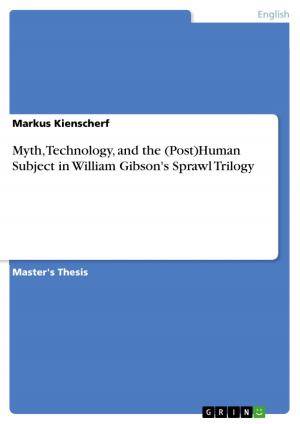How useful is a Study of the popular printed word in helping the historian understand popular culture in general?
Nonfiction, History, European General| Author: | Marion Luger | ISBN: | 9783640427727 |
| Publisher: | GRIN Publishing | Publication: | September 15, 2009 |
| Imprint: | GRIN Publishing | Language: | English |
| Author: | Marion Luger |
| ISBN: | 9783640427727 |
| Publisher: | GRIN Publishing |
| Publication: | September 15, 2009 |
| Imprint: | GRIN Publishing |
| Language: | English |
Seminar paper from the year 2000 in the subject History Europe - Other Countries - Middle Ages, Early Modern Age, grade: 1,0, University of Sussex, language: English, abstract: Throughout recent years, in the discipline of historical sciences an extensive evolution has taken place. The transformation from the history of policies to 'Historical Anthropology' (including several steps in between) involved not only entirely new topics, but also different approaches. In this development, the field of interest changed from investigating the lives of a few 'important' authorities to those of the main part of 'ordinary' agents. In order to explore the usefulness of 'popular' writings for historic research, we firstly have to determine a suitable definition of the term 'popular' (section II) . Thereupon, section III describes several kinds of printed sources read, respectively written by 'the public' as well as appropriate modes of interpretation. Finally, section IV examines cons and pros of using certain written records and their impacts on the knowledge of 'popular' culture.
Seminar paper from the year 2000 in the subject History Europe - Other Countries - Middle Ages, Early Modern Age, grade: 1,0, University of Sussex, language: English, abstract: Throughout recent years, in the discipline of historical sciences an extensive evolution has taken place. The transformation from the history of policies to 'Historical Anthropology' (including several steps in between) involved not only entirely new topics, but also different approaches. In this development, the field of interest changed from investigating the lives of a few 'important' authorities to those of the main part of 'ordinary' agents. In order to explore the usefulness of 'popular' writings for historic research, we firstly have to determine a suitable definition of the term 'popular' (section II) . Thereupon, section III describes several kinds of printed sources read, respectively written by 'the public' as well as appropriate modes of interpretation. Finally, section IV examines cons and pros of using certain written records and their impacts on the knowledge of 'popular' culture.


